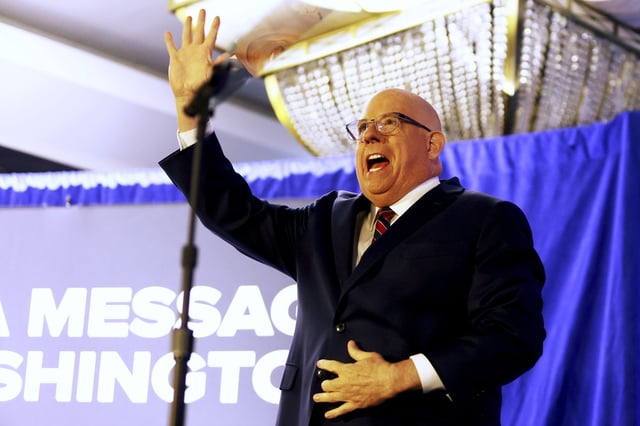Overview
- Hogan announces support for federal legislation to enshrine abortion rights, reversing previous position.
- He pledges to vote for Maryland's ballot measure to protect reproductive health care in the state constitution.
- Hogan's Democratic opponent, Angela Alsobrooks, criticizes his past actions on abortion access.
- The Senate race could influence the balance of power in Washington, with Hogan seeking to attract moderates.
- Hogan's position makes him an outlier among Republicans, reflecting a broader trend of pro-choice GOP decline.
